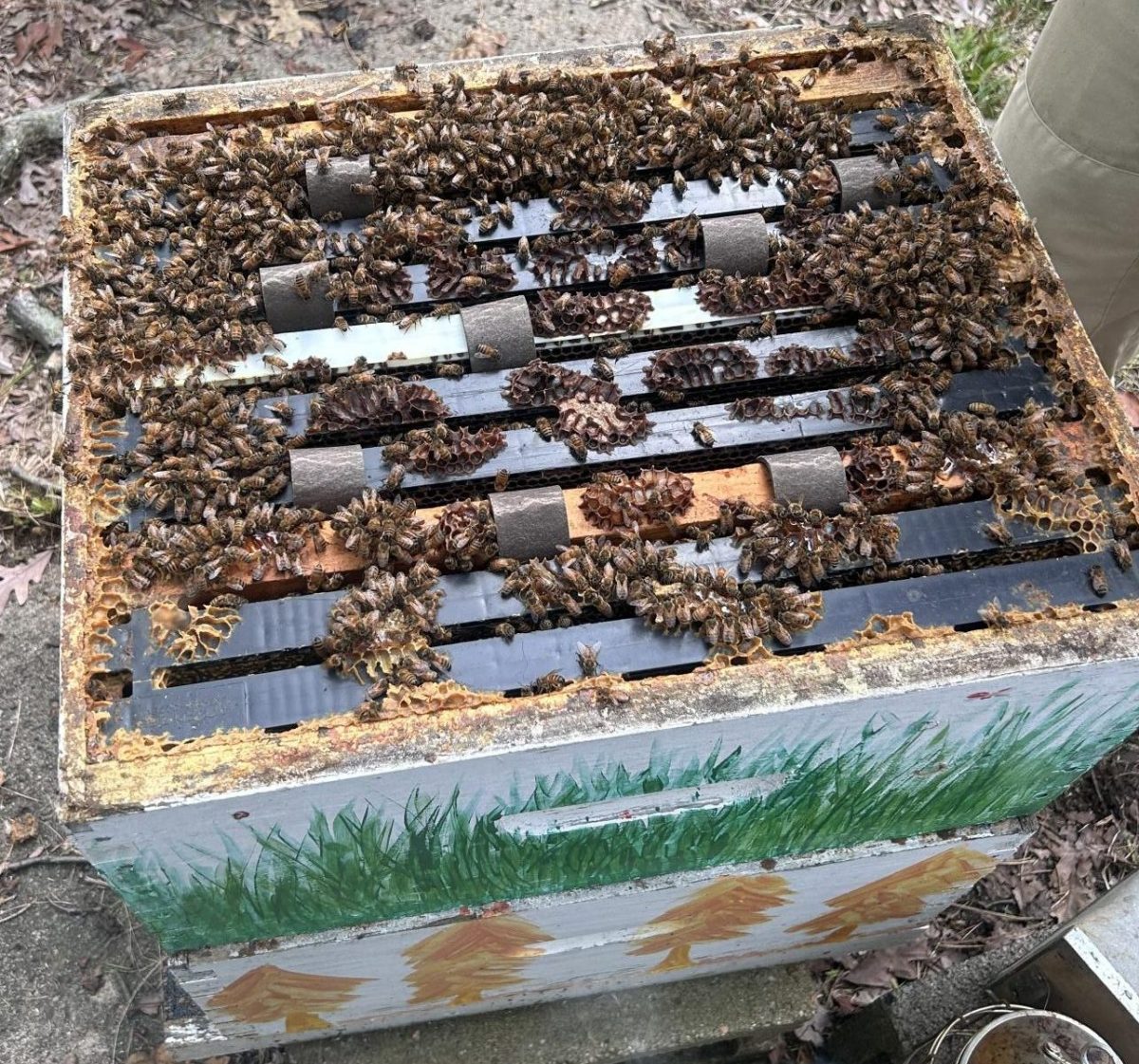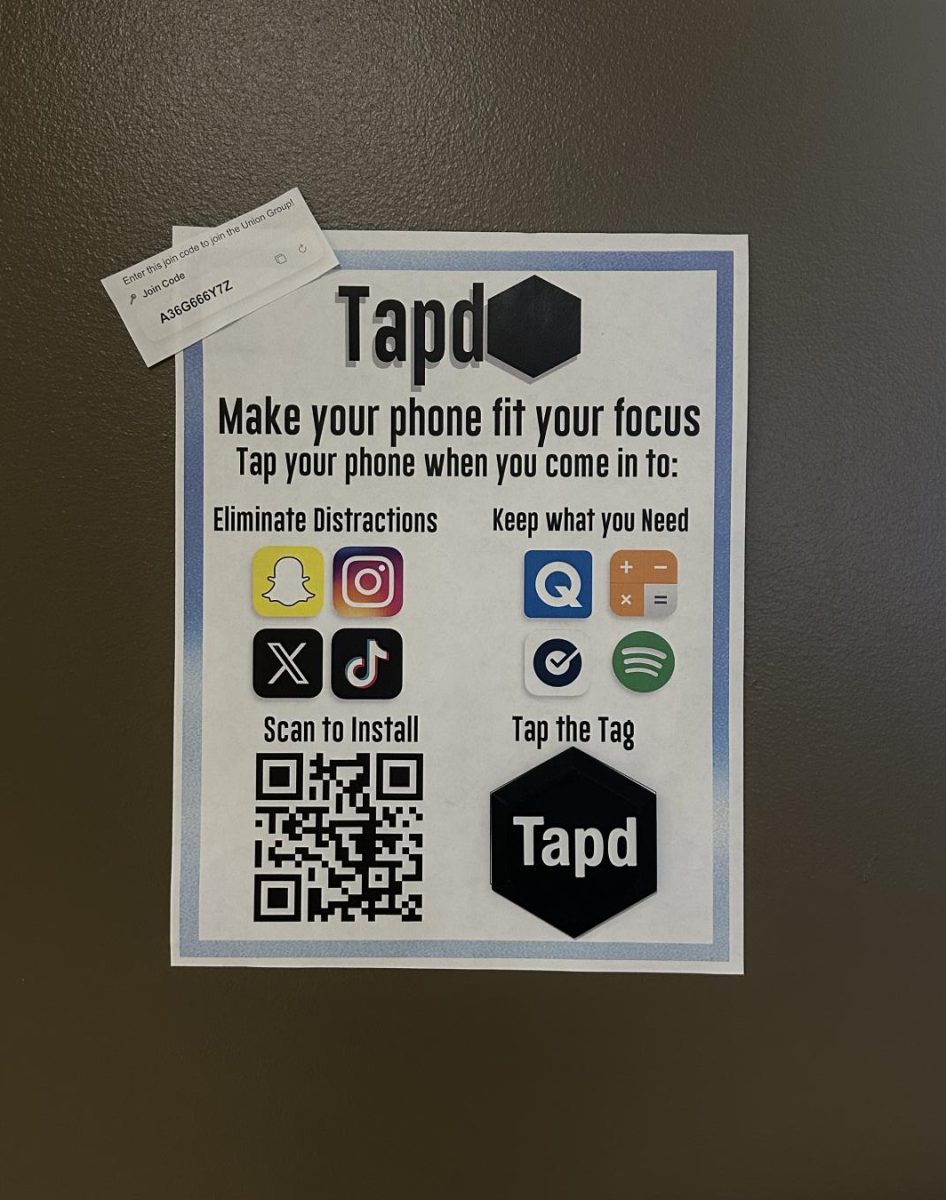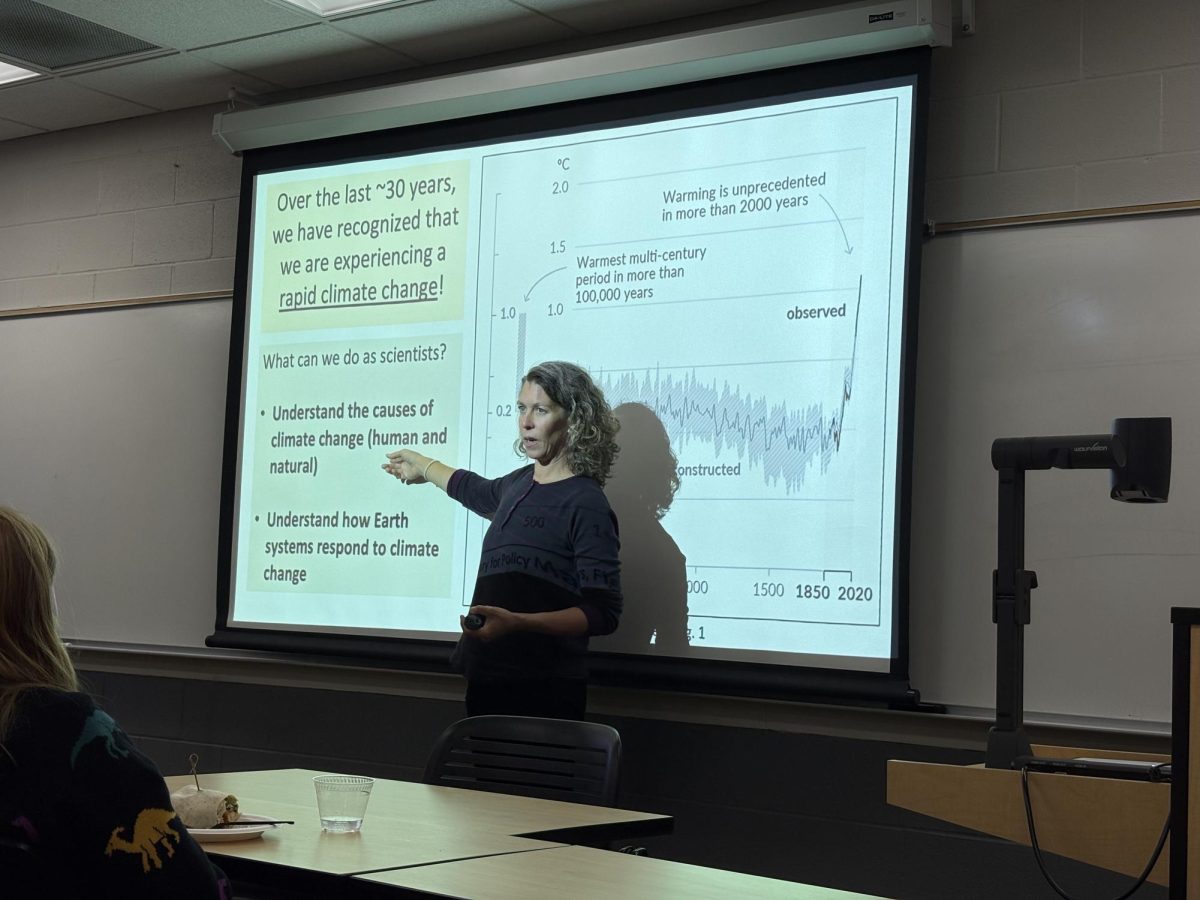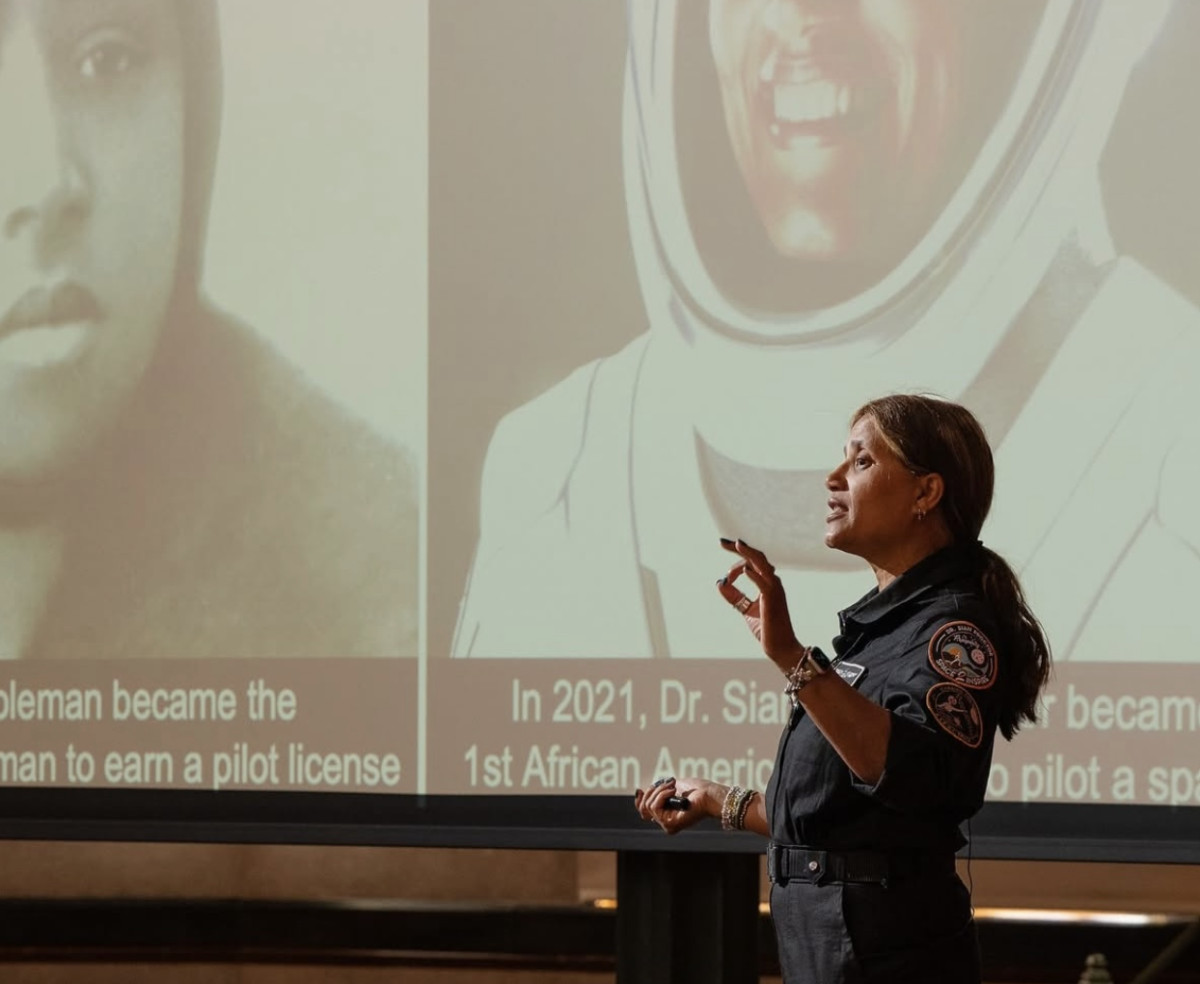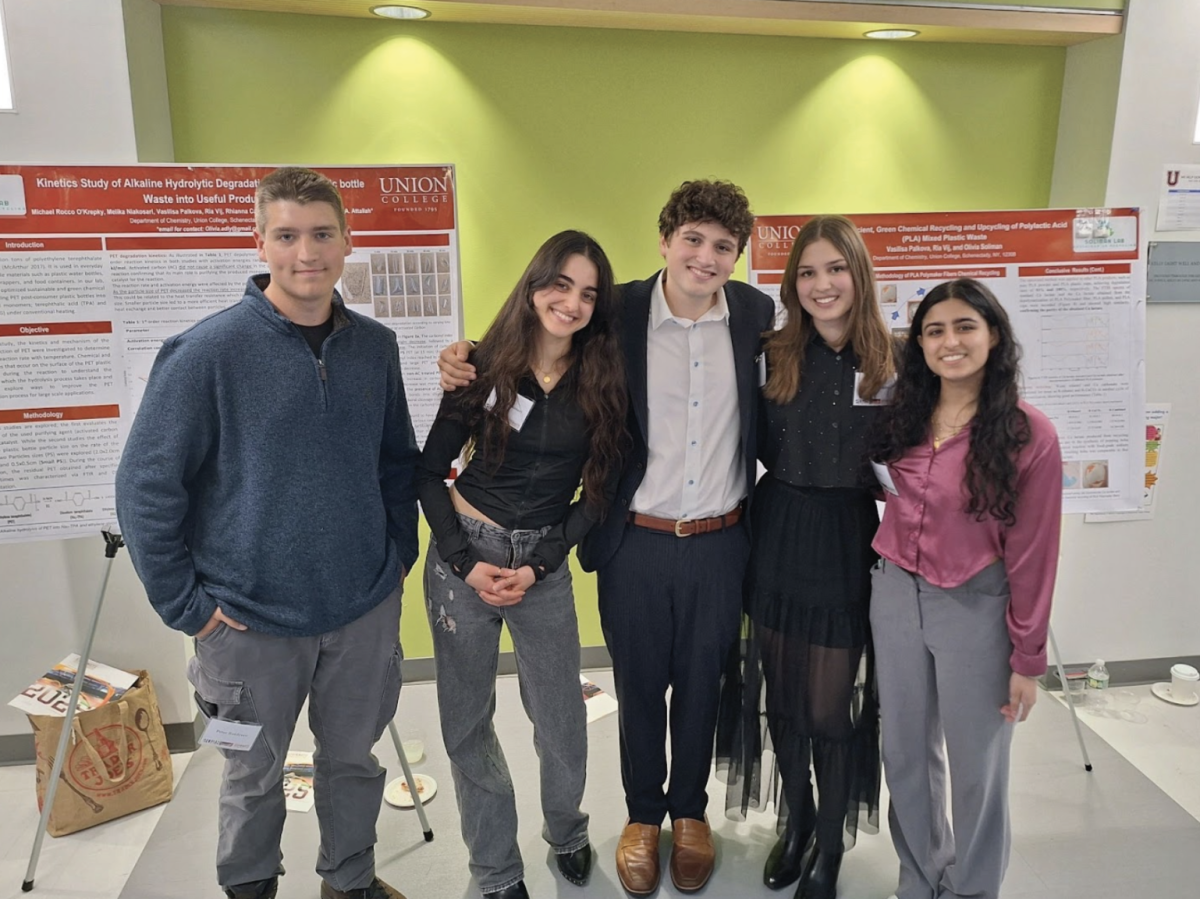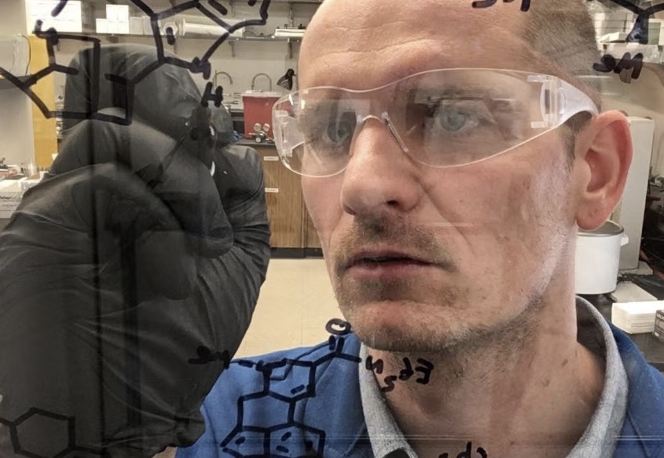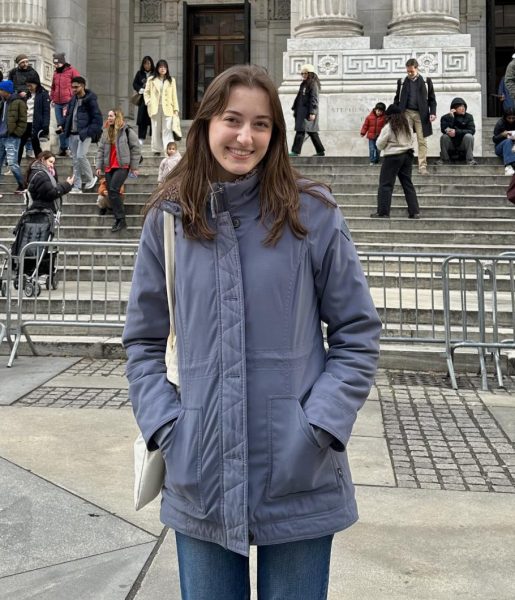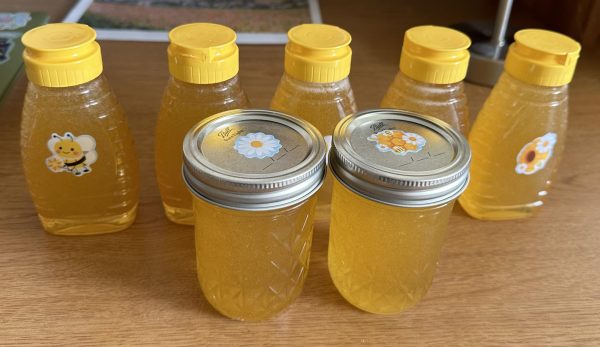
For students trying to enjoy a day of early fall or late spring weather with a meal outside, bees on campus might seem like an unwelcome pest, descending from all angles to swarm defenseless sandwiches and unprotected beverages. Despite their mixed reputation, Union’s Beekeeping Club is here to make a case for these insects and the benefits they bring us all.
First, it’s important to clarify that the persistent bugs encroaching on food are normally yellowjackets, not bees. Yellowjackets are wasps, which are omnivorous predators that tend to be more aggressive, while the more docile honeybees feed on nectar and pollen to produce beeswax and honey. Bees can be distinguished from these brightly colored, smooth wasps by their more muted colors and fuzzy bodies.
The Beekeeping Club is an active organization on campus that works to support true bees as they make honey and pollinate the surrounding area. Club president Nora Kliczewski ‘26, an Environmental Science major and English and Climate Change Studies double minor, states “Our goal is to educate students and the Campus Community on the importance of bees to the environment, and teach the unique skill and pastime of beekeeping.”
Bees play an important role environmentally, making them a critical part of a balanced and properly functioning ecosystem. “Bees are crucial for the environment because they pollinate plants, thereby increasing food production and biodiversity,” Kliczewski explains. “As bees move from flower to flower, they transfer pollen, allowing plants to reproduce and produce fruits, vegetables, and nuts. The plants can now also form seeds, which will also help other animals and plants in the environment.”
In their most recent event, held in the West Social Space on September 27, the club carried out its annual honey harvest, amassing over 200 pounds of honey for the campus community to pick up at no cost. Members uncapped the wax seal on the honeycombs removed from the hives the previous day, centrifuged the frames of honeycomb in a hand-cranked extractor, and filtered the gathered honey before filling bottles and jars. The intact honeycombs were then returned to the hives to allow the colony to rebuild more easily, maintaining sustainability.
In addition to the benefit bees offer as major pollinators, the honey they produce has antibacterial properties due to its high sugar level, strong acidity, and an enzyme that the bees add to the nectar which produces protective hydrogen peroxide. These chemical factors prevent pure honey from spoiling over time the way nearly all food does, giving honey an indefinite shelf life.
Finally, when asked if there was anything she wishes more people knew about bees, Kliczewski noted that “bees do not sting willingly- they are generally not aggressive when away from their hives and will only sting if they feel threatened.”
These resident bees and the club supporting them offer a unique benefit to Union’s campus, supporting the people, plants, and entire ecosystem alike through widespread pollination, fresh honey, and education on the importance of organisms, large and small.


